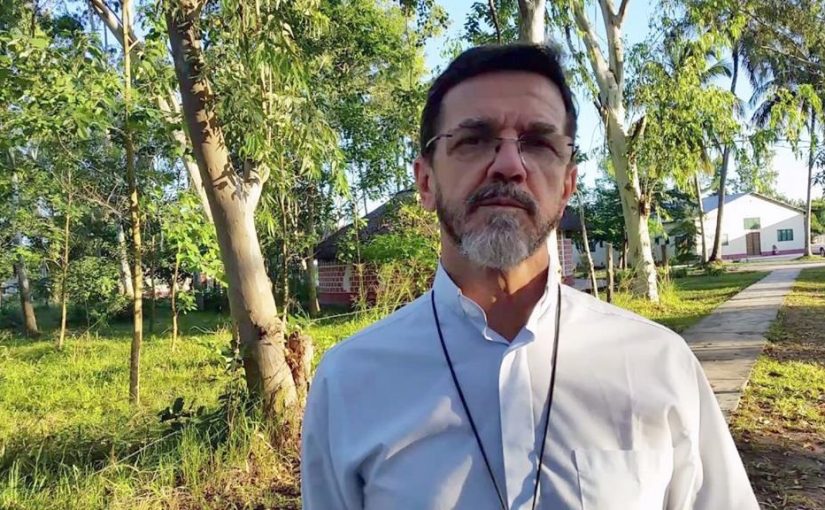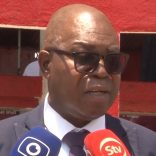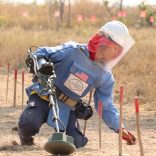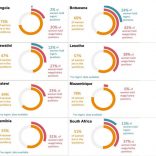Mozambique: Health workers call for replacement of government representatives
Mozambique: Pemba bishop estimates over 500 dead so far in Cabo Delgado attacks

File photo: Radio Renascença
The bishop of Pemba, in Mozambique, Luís Fernando Lisboa, has estimated that the attacks in the north of the country have left more than 500 people dead since October 2017, as well as displacing thousands.
“We don’t have an exact number, but surely I believe there are more than 500 people who have already lost their lives,” said the bishop, quoted on Monday by the AIS Foundation (Aid to the Church in Need). “If you were one person, it would be too much.”
The situation, the bishop went on, is “a tragedy” because as well as the many dead there are many internally displaced people: “the villages are being left empty, people are not planting, so that means there will be hunger.”
According to the foundation, on 29 and 30 January there were at least six attacks in the northern province of Cabo Delgado “that caused a general stampede by residents and a huge swathe of destruction in villages located in the administrative areas of Bilibiza and Mahate – both [of which] belong to Quissanga district, located about 120 kilometres from the town of Pemba.”
According to the bishop, one of the attacks “was on the Bilibiza agrarian school, which is also teacher training college, where there are more than 500 students.
“I heard that the school was burned, and then they destroyed other businesses [located] nearby”, the bishop said, describing this as “a very sad reality, that the defence and security forces are not able to contain if there is no international help.”
As for the number of displaced people, Luís Fernando Lisboa said that this, together with those who had to leave their land in the wake of Cyclone Kenneth last year, “may approach 100,000”.
Speculating that radical Islamist groups are responsible for the attacks, the bishop acknowledged that the Christian community feels threatened, including himself.
“But, honestly, I’m not afraid,” he said, again as cited by the AIS Foundation. “I’m trying to fulfill my role; I have sought to support the missionaries who are there, on the front line, who are in these districts where there are attacks.”
Armed attacks broke out in 2017 in Cabo Delgado province, with mosque attenders who are believed to have been radicalised by foreigners, according to local Muslim leaders, who had previously warned of increasing frictions between communities.
No one has ever claimed responsibility for the attacks, with the exception of communications from the Islamic State, which since June has been saying it is behind some of them, releasing photos that are alleged to be of their actions. However, experts and authorities consider it unlikely that they have a presence on the ground.
The attacks have already claimed hundreds of lives – of attackers themselves, of residents and of military personnel – as well as leaving the property of some 60,000 damaged, many of whom have been forced to leave their land or homes, according to the latest revision of the United Nations’ humanitarian aid plan for Mozambique.
Mozambique’s defence and security forces have been active on the ground, but the country’s president, Filipe Nyusi, acknowledged last week that more support is needed to deal with the problem.
Russian military personnel have also been deployed, at the government’s request, in an area that is close to one of the largest natural gas reserves in the world, but the attacks have continued.
ALSO READ: Cabo Delgado attacks: NGOs more exposed than gas industry, warns EXX Africa
Insurgency in Cabo Delgado: Two women kidnapped in Muidumbe – Carta












Leave a Reply
Be the First to Comment!
You must be logged in to post a comment.
You must be logged in to post a comment.